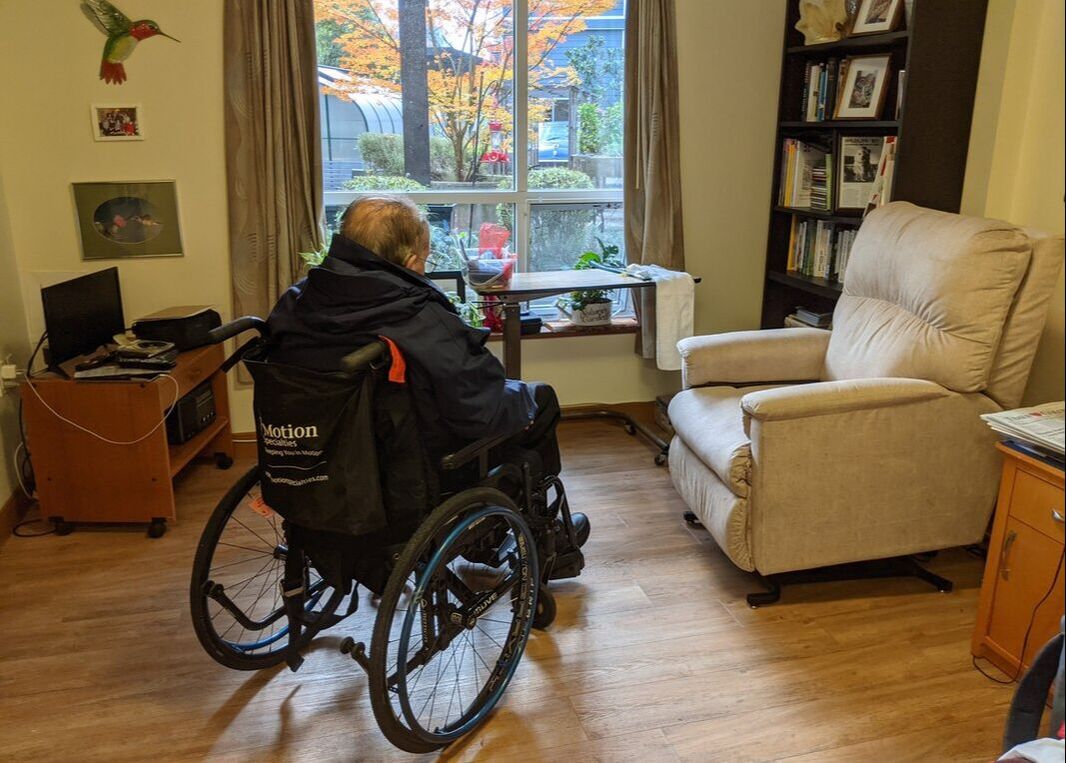COVID-19 COPING STUDY
Background
The COVID-19 (coronavirus) pandemic has dire immediate and long-term consequences for the health and well-being of Americans. Older adults are not only at higher risk of severe illness from the disease, but are also particularly vulnerable to physical and emotional harms associated with the pandemic. For example:
- Thousands of residents in nursing homes and assisted living facilities were not allowed to leave their rooms or receive any visitors.
- Care provided to community-dwelling older adults from home health aides and certified nursing assistants was disrupted, and visits from family and friends was discouraged or prohibited due to social distancing recommendations or shelter in place orders.
- Those who were already socially isolated and lonely may face even greater disconnect if unable to interact with others outside the home.
The ongoing effects of the COVID-19 pandemic on the mental health and well-being of older Americans are currently unknown, which limits the development of targeted public health strategies to support their short- and long-term health outcomes in the wake of this crisis.
Study Aims
The specific aims of this research are to:
- Investigate dynamic changes in older adults’ experiences, perspectives, daily activities, coping strategies, mental health, and well-being since the COVID-19 pandemic onset.
- Identify risk and resilience factors that influence mental health and well-being of older adults during the COVID-19 pandemic.





